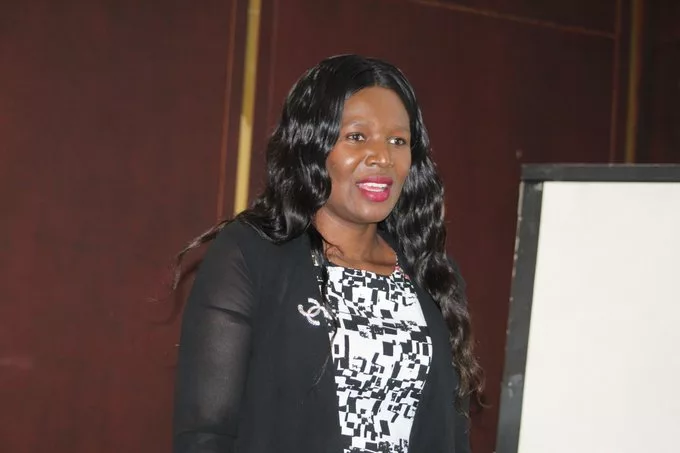The declining funding has hurt sustained gender equality and women empowerment gains in Zimbabwe, a gender equality and women empowerment development partner engagement meeting held in Harare yesterday has revealed.
A Team Europe Gender Representative at the meeting, Maria Horno, the Head of Governance and Social Sector of the EU Delegation to Zimbabwe, said a discussion on the decline in funding was appropriate in the current global context.
“We cannot run away from the reality that we have to work better with less, constrain the process, and demand more coordination. I am glad that Team Europe and the EU delegation, a good example of coordination, have increased support for gender equality and women empowerment, as witnessed by the more than 80 projects supported for the years 2021-2027 and the recent signing of a program specifically to support gender equality in Zimbabwe. The program aims to improve women’s socio-economic empowerment,” she said.
The EU program will focus on institutional strengthening for an enabling and accessible environment for gender equality and women empowerment, women’s economic empowerment and financial inclusion, and on promoting CSOs’ monitoring and advocacy role. The EU will engage various stakeholders, including the Ministry of Women Affairs, UN Women, the World Bank, and civil society in the implementation of this program.
Fadzai Traquino, UNWomen Zimbabwe’s Governance Specialist, said cutting back on funding and resources for gender equality is a threat to gains made on girls’ and women’s economic empowerment.
“This is a critical moment when we are commemorating Beijing plus 30. Facing this reality, civil society, human rights defenders, feminist and social justice movements, as well as policymakers and stakeholders committed to human rights are working hard to hold the line. And I want to believe all the stakeholders and partners that are sitting here are holding the line with us in defending the space for women’s rights,” Traquino said.
Addressing the same gathering, Thokozile Ruzvidzo, the Executive Director of the Zimbabwe Women’s Resource Centre and Network (ZWRCN) emphasized the need to leverage the Beijing Plus 30 review processes to sustain the gains in women empowerment.
She said at stake following the cut in funding, especially by the USAID, is the Beijing Declaration itself with its 12 critical areas of concern, which was signed 30 years ago and committed by 189 countries.
“And right now, we can see the challenges, even before the negotiations begin in New York during the Commission on the Status of Women (CSW) next month. The challenge is rights. For those at the time that went to Beijing, if you remember, the agenda was on “Human rights are women’s rights.
“I remember when Hillary Clinton spoke at the Beijing conference in China and we all lined up to hear her speak about human rights being women’s rights and it is the same country that she represented where now women’s rights are under threat.
“For the first time after 30 years, we are going to get a political declaration rather than agreed conclusions. The reason is to ensure the political commitment to the Beijing Declaration and its critical areas of concern. Rather than reopen the declaration’s wording, the language, and the issues that are now controversial especially women’s rights the political declaration reaffirms the Beijing Declaration and it critical areas of concern,” Ruzvidzo said
Abigail Matsvayi, the Executive Director of the Zimbabwe Women Lawyers Association (ZWLA) said the cutting of funding is felt across the women’s movement.
“You find the deprioritization of women’s work that has been happening over time, the lack of funding specifically for women’s rights work, the rhetoric that you find that is spoken about at global level, but even at community level, patriarchal pushback in terms of gender equality and women’s empowerment. The big threat has been to the significant progress that has been made in the country,” Matsvayi said.
She added that a cut in funding will make it difficult to achieve the SDGs without strong movements, and without strong organizing around women’s work.
“There are several examples. There are some that I can pick. When you think about the inheritance movement many years ago, too many are local. There may be a time you can identify with the organizing that was going on. But the reality at the moment is that there’s been a significant shrinkage in terms of capacity in the movement, in terms of resources, in terms of the ability to be agile and respond to the growing threats that continue to be in the movement,” Matsvayi said.






